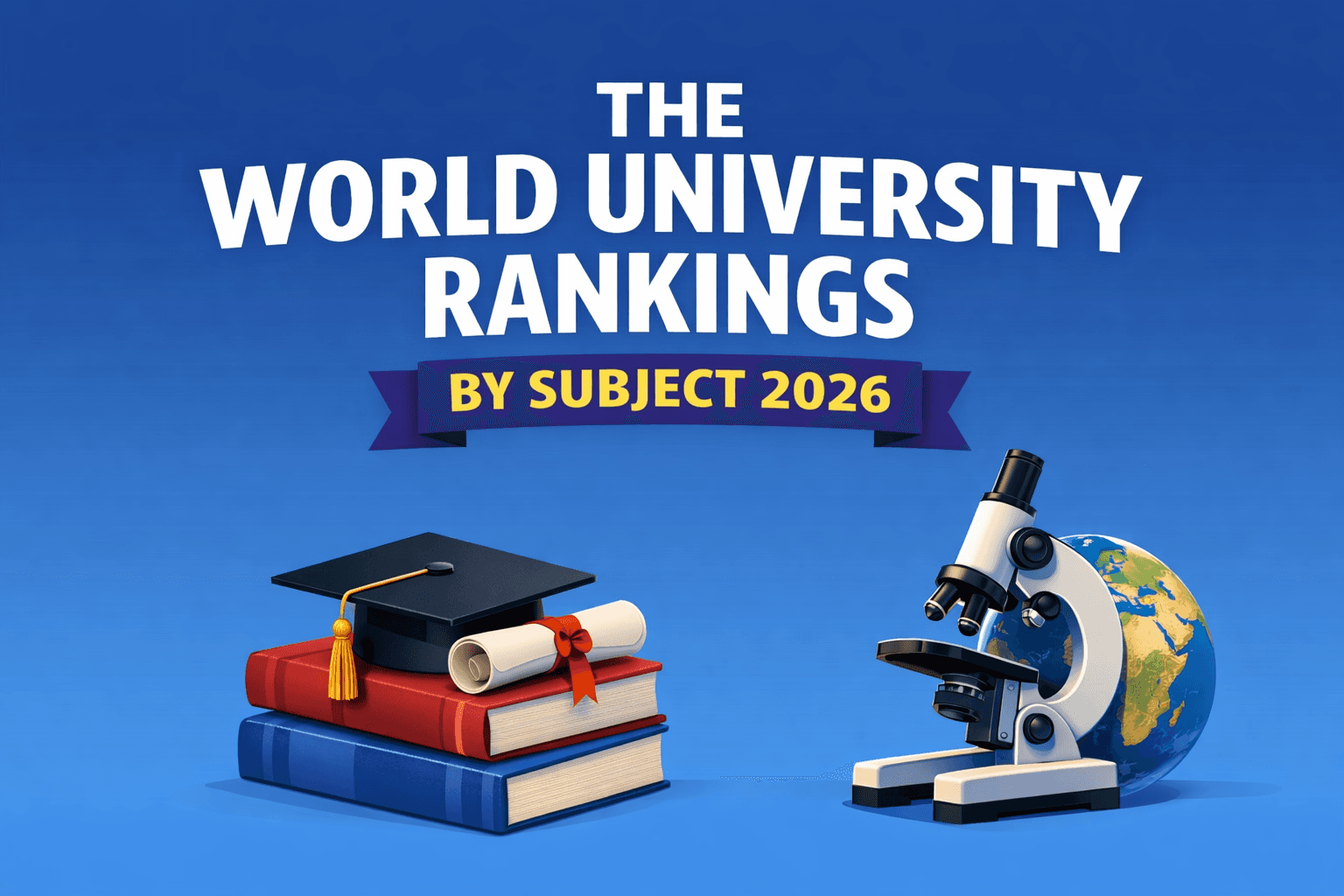Early Decision Lawsuit Explained | What Students Should Know

The Early Decision Controversy: Why It Favors the Wealthy and What Students Should Know
TLDR
Early Decision (ED) can increase admission chances by up to 40 percentage points, but often locks families into costly commitments.
A new antitrust lawsuit accuses 32 elite U.S. colleges of using ED to restrict competition and inflate tuition.
Critics say ED benefits wealthy students who can commit without comparing aid offers.
Reformers are calling for limits on ED enrollment and stronger transparency in college pricing.
What Is Early Decision and Why It Matters
Early Decision (ED) lets students apply to one college early usually by November 1 and get results by mid-December. If accepted, they’re bound to attend.
Unlike Early Action, which is non-binding, ED applicants must withdraw all other applications. This system seems to reward focus and commitment but it has serious equity concerns.
Research shows applying through ED can boost acceptance odds by about 40 percentage points. Many selective schools admit nearly half their freshman classes this way.
However, ED forces families to commit before comparing financial aid offers, scholarship options, or total costs, a clear advantage for applicants who can afford full tuition upfront.
Why There’s a Lawsuit
In August 2025, a lawsuit filed in U.S. federal court (Massachusetts) accused 32 elite colleges of collusion arguing that ED “reduces competition” and drives up costs for families.
The claim? By using shared application platforms and coordinated admissions practices, these institutions allegedly created a “horizontal agreement” that limits student choice and raises net prices.
For middle-income and lower-income students, the stakes are high. If an ED financial aid package falls short, they can decline it but by then, regular admissions deadlines have passed, leaving few backup options.
A System Built on Money
Even top-ranked colleges operate like businesses. With shrinking public funding and heavy reliance on tuition, schools compete fiercely for full-pay students.
ED helps them predict enrollment (“yield”), fill seats early, and maximize revenue, not necessarily serve students better.
Historically, this echoes the Ivy Overlap Group case of 1989, when colleges were accused of price-fixing by coordinating financial aid offers. Although Congress granted them limited exemptions, that protection expired in 2022. The new lawsuit argues that ED has become the modern workaround for the same anticompetitive behavior.
The Bigger Problem: Equity and Transparency
ED may look like efficiency to colleges, but to students it feels like a trap:
Reduced Choice: Students must commit before comparing offers.
Dynamic Pricing: Colleges identify who will pay full price — much like airlines charge more for last-minute seats.
Widening Inequality: Wealthy students have the means and guidance to apply early, while others can’t risk it.
Programs like QuestBridge have tried to expand access to ED for underrepresented students, but the structure still favors privilege.
💡 Tutor Tip:
If you’re applying to top U.S. universities, don’t rush into Early Decision. Instead, calculate your Expected Family Contribution (EFC) and compare how each school meets demonstrated need. For many students, Early Action or Regular Decision keeps more financial and scholarship options open.
How Colleges Can Do Better
Experts propose reforms that would make admissions fairer:
Cap the share of students admitted through Early Decision.
Separate financial aid, admissions, and fundraising offices to avoid conflicts.
Require socioeconomic diversity targets that reflect society at large.
Increase transparency around net pricing and aid comparison tools.
Ultimately, higher education should function as a public good, not a bidding war.
Why This Matters for Students and Parents
The ED debate highlights the larger issue: college shouldn’t be about who can afford to commit early. For families navigating admissions now, knowledge is power and transparency is key.
If you’re starting your college prep journey, our tutors can help you plan a balanced application strategy, combining strong academics, testing strategy, and smart financial choices.
📘 Book a Free College Admissions Strategy Session
Get expert guidance from North American Tutors to build a personalized application plan that fits your academic goals and financial reality.



